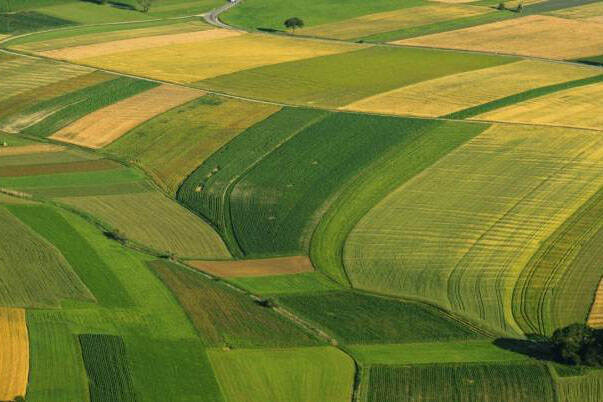A Romanian cooperative reached a turnover of 214 million lei
The agricultural cooperative Ţara Mea [My Country] from Vaslui, with 940 farmers, reached a turnover of 214 million lei in 2019, plus 7%. "In 2020 we plan to focus on our own production. We plan to move to the cooperative's own production units “
Florin Burculescu, president of My Country cooperative: many farmers still do not understand the centralized system, they refuses to make predictions, it is difficult for them to work in a centralized manner.
My Country agricultural cooperative, based in Vaslui, consisting of 940 farmers, had last year revenues from the sale of vegetables, fruits, honey, dairy products, pork and chicken products, bread and groceries, of about 214 million lei, according to ZF calculations made based on data provided by company representatives.
"The cooperative closed 2019 with a 7% increase in turnover, compared to the previous year, and sales increased by 11%. We believe that we will maintain the leading position", said Florin Burculescu, president of My Country cooperative.
In 2018, the integrated agricultural cooperative My Country had a turnover of 200 million lei and a profit of 1.7 million lei, data from the Ministry of Finance indicates. The cooperative is the main supplier of the German retailer Kaufland since 2015, and was in the top of the agricultural cooperatives based on turnover in 2018.
My Country cooperative sells its products mainly within Kaufland retail network, but also in Penny Market network, in 2017. "This year we intend to enter into other retail chains."
Currently, the products are only sold in Romania, but Burculescu said previously that he would like to sell horseshoe also abroad, since in 1989 Romania was the largest European exporter of horseshoe.
Florin Burculescu says that 2019 was quite challenging for the farmers, because it was a dry year. The drought has affected all agricultural sectors, he says, and the members of the cooperative have faced difficulties in ensuring the quality of their goods, especially for vegetables. At the same time, in the vegetable sector, the positive temperatures that continued until November had a negative impact on the crops, and reduced production.
”The greatest challenges for farmers in general are related to the sale of goods. Those in the cooperative do not face this challenge, but still have great problems in understanding the centralized system
Many farmers still don`t understand the system, they refuse to make predictions, it is difficult for them to work in a centralized mannert. As for the vegetables, there are big problems with the collection, sorting, packaging and delivering them, and I think a completely new filosophy is needed”, say Burculescu.
He argues that the look of produce is very important for retail customers, which is why "Romanian farmers need to understand how the produce must look upon delivery."
Most members of the cooperative are from Arad, Braşov, Giurgiu, Satu-Mare, Buzău, Olt, Hunedoara, Galaţi, Prahova and Călărași counties.
In addition to selling raw materials, under the cooperative`s umbrella farmers are also producing processed products, in two factories. Also, some of the farmers have their own processing plants.
"In 2020 we inted to focus on our own production. We will expand the production departments for chicken, eggs and vegetables. We plan to move to the cooperative's own production units. As for the production capacity, we expect a growth of 16%".
He also says that this year they will recruit two people, as responsibles for sorting and traceability of vegetables.
The ten largest cooperatives in Romania had total business of 835 million lei (177 million euros) in 2018, according to data from the Trade Register. In 2019, in Romania there were over 1.400 agricultural cooperatives, according to information from the Ministry of Agriculture, based on data centralized by ONRC.
Source: ZFCorporate
